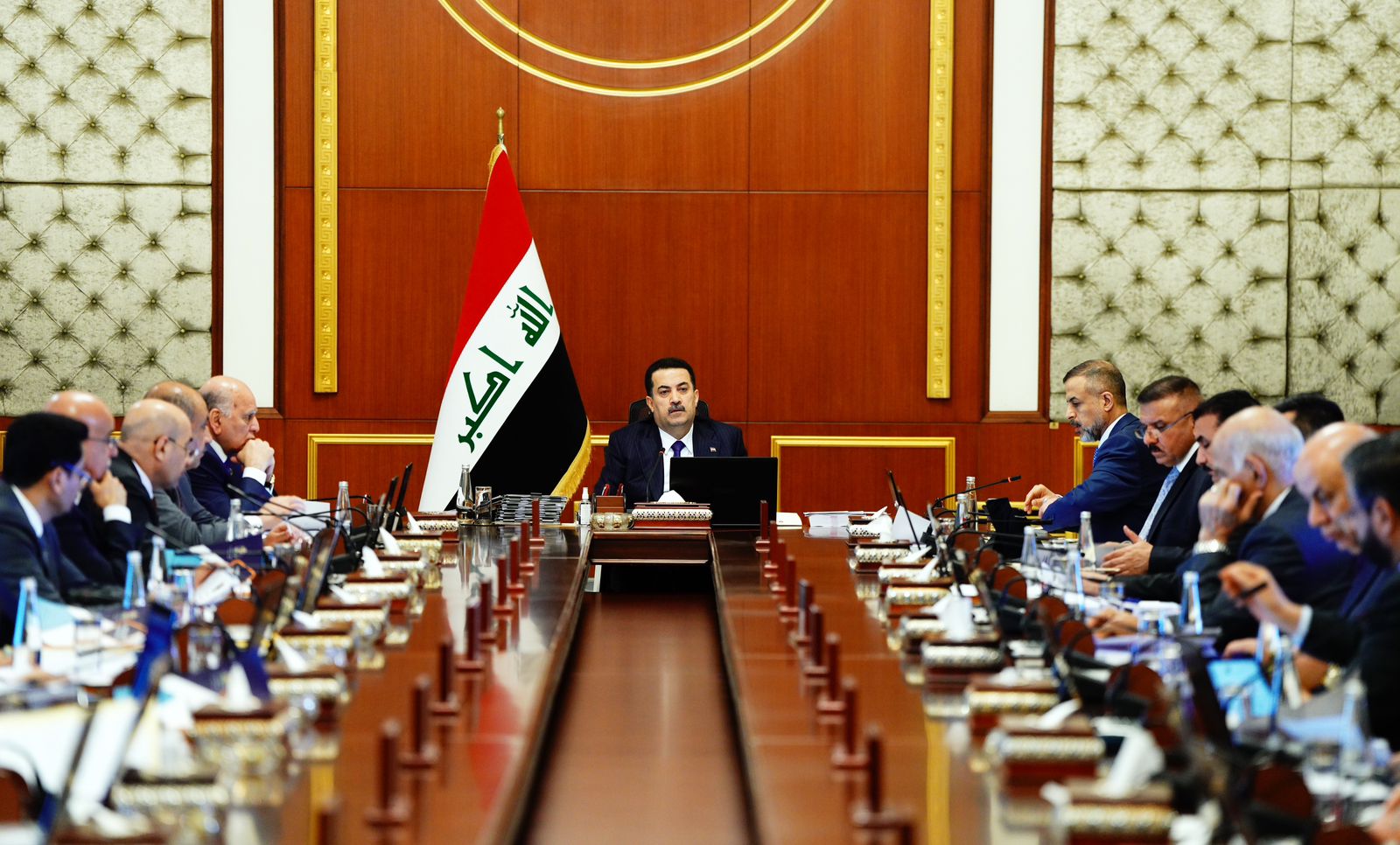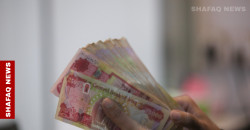How Will the Iraqi Government Offset the Fiscal Deficit in the 2023-2025 Budget?

Shafaq News/ Iraq's federal government plans to offset this near-64 trillion deficit through the surplus achieved from the preceding year's oil sales, lawmaker Narmin Ma'ruf said during a symposium in Sulaymaniyah on Saturday.
"Iraq currently exports 3.5 million barrels of oil per day. The Kurdistan region is slated to participate by exporting 400,000 barrels daily, signifying that the region accounts for a significant 11% of Iraq's oil revenue," the member of the parliament's finance committee said.
The budget was predicated on a benchmark crude oil price of $70 per barrel.
"The oil belonging to the Kurdistan region will not be sold below this designated price. It is explicitly stated in the budget that the oil will be traded at this very price," she added.
"The dollar exchange rate was set at 1,300 dinars in the budget. Each barrel of oil that's sold for $70 gets credited into the account of the Ministry of Finance," she continued, "subsequently, the amount gets relayed to the Central Bank of Iraq, and it is then disbursed at a rate of 1,300 dinars per dollar. This prudent financial strategy will bestow some level of stability to the exchange rate of the dinar against the dollar."
"A substantial 83% of Iraq's revenues in the 2023 budget hinge upon crude oil exports, with the remaining 13% reliant on non-oil revenues, which includes contributions from the Kurdistan region. This economic structure carries inherent risks since the lion's share of the budget being tied to crude oil exports."
"A downturn in global oil prices will unavoidably impact the budget execution. However, forecasts suggest that oil prices will hover around the $70 mark per barrel, mitigating risks to this year's budget."
"The Kurdistan region has a significant part to play, contributing 4 trillion dinars, equivalent to 26%," she explained.
"The outlay aligns closely with those of previous years, given the rentier nature of Iraq's economy. A considerable proportion of its populace receive monthly salaries from the government, including those in the Kurdistan region, hence the expenses are substantial, constituting 75% of the budget. A mere 25% is allocated to the investment budget."
"The total oil and non-oil revenues in the budget amount to 134 trillion dinars. However, the actual budget is a towering 199 trillion dinars, resulting in a gaping deficit of 64 trillion. This deficit, economists warn, could pose a substantial risk to the budget and Iraq's future economic stability. The government finds itself in a position where borrowing becomes a necessity."
She added, "the federal government plans to offset this near-64 trillion deficit through the surplus achieved from the preceding year's oil sales, amounting to 23 trillion. The remaining deficit will be covered through the sale of treasury bonds to the Central Bank of Iraq, borrowing from the Rafidain and Rashid Banks, and external borrowing, cumulating to approximately 10 trillion dinars."
